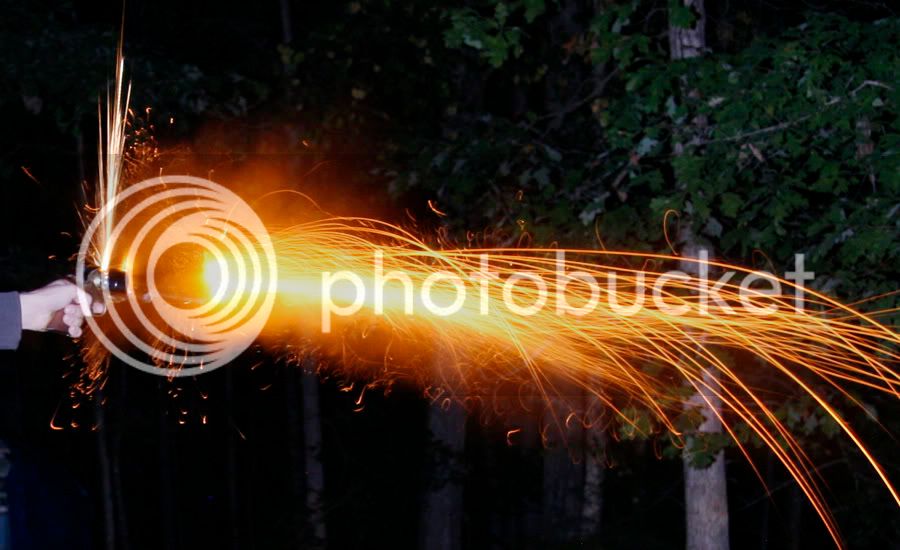Tater John
40 Cal.
- Joined
- Dec 24, 2005
- Messages
- 155
- Reaction score
- 0
The answer I'm looking for I couldn't find in the search function, so here we go again, no doubt.
Who has had a chain fire after they shaved lead and lubed the cylinder face? That's the only procedure I care about. The only references I can locate reguarding CF's is "The one time I didn't lube" or This shooter next to me didn't lube..."
Unless the gun handler is sloppy with powder I'm not sure I believe the ignition occurs from the cylinder face. I've not shot 100 rounds total in my life through a C&B, have always lubed and don't like the mess it makes. Playing safe is important to me and when it comes to my gun in someone else hands the concern is even more important
Rusty
Thanks :thumbsup:
Who has had a chain fire after they shaved lead and lubed the cylinder face? That's the only procedure I care about. The only references I can locate reguarding CF's is "The one time I didn't lube" or This shooter next to me didn't lube..."
Unless the gun handler is sloppy with powder I'm not sure I believe the ignition occurs from the cylinder face. I've not shot 100 rounds total in my life through a C&B, have always lubed and don't like the mess it makes. Playing safe is important to me and when it comes to my gun in someone else hands the concern is even more important
Rusty
Thanks :thumbsup:







